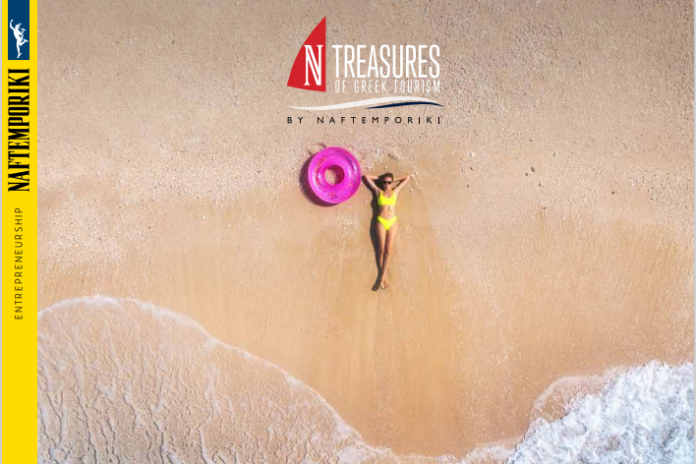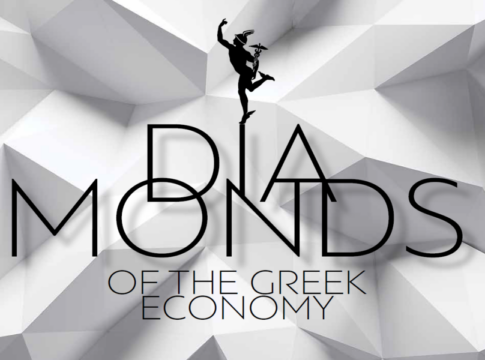Greece’s tourism staged a restart as soon as the global economy began to return to normality. In the first post-pandemic summer, the Greek tourism
market proved resilient enough to top the historical records it saw in 2019, and
significantly expand the period of foreign tourists arrival.
Such performance should not be seen simply as accidental. Boasting
one of the most attractive tourism products, which in addition to the sun, sea and
pure white of its islands, the country also offers one of the best cuisines internationally, agritourism, medical and religious tourism, the fully-recovered cruising
and yachting.
Greece’s next bet would be winter tourism. It offers many high-end
hospitality alternatives and a natural landscape on par with other major international destinations in Europe, clearly differentiated from the competition and with
a wide variety of style and ambiance by region.
Greece is now gaining momentum against its neighboring markets,
which also claim a strong presence in the tourism market.
The country has convinced both international and Greek investors.
The need to create an infrastructure capable of meeting future demand in the reception of foreign tourists has made the country a promising international investment destination.
High-value investment projects in all areas of tourism interest are
currently being carried out, while a large number of projects are already planned
for the future. It would certainly not be an exaggeration to say that Greece is today a vast tourism construction site, which in addition to accommodation, such
as complex tourism projects, hotels, guesthouses, villas, rooms to let and Airbnb,
also includes major infrastructure projects. The country’s port network is being
overhauled, marinas are being given out to private companies for exploitation, and
road and railway networks are being expanded.
In the next five years, Greece will have radically changed as a tourist
destination, so that it will be ready to welcome visitors from all over the world all
twelve months of the year.
Platon Tsoulos














